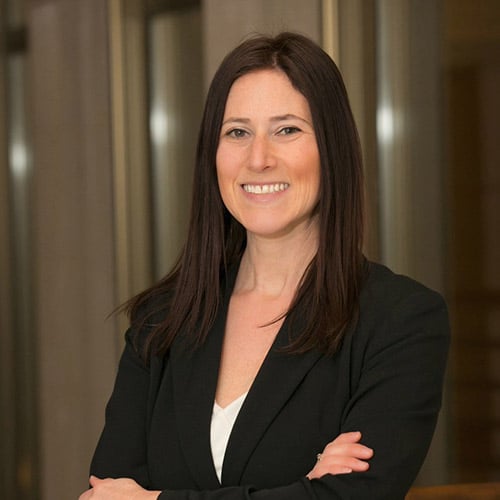There is nothing worse than having your wages garnished by a creditor. This type of collection measure is extreme and frustrating. At this the point, the creditor has filed a lawsuit and the court awarded the creditor a judgment of money. This judgment resulted in a court order requiring your employer must garnish your wages to repay the creditor’s judgment.
You’ve Got 2 Main Options:
The most effective way to stop a wage garnishment is to file bankruptcy. Upon filing, the creditor must halt garnishment pursuant to the automatic stay. Both a Chapter 7 and a Chapter 13 will stop a wage garnishment.
Another way to stop a garnishment is if you have an exemption to garnishment. These exemptions can be found in the Wisconsin Circuit Court Form No. CV-424 (Earnings Garnishment – Debtor’s Answer). These exemptions are primarily based on economic hardship.
Bankruptcy Code (Section 527)
If you have been garnished more than $600 by one creditor in the 90 days before bankruptcy, this money can be returned to you. Filing Bankruptcy gives the people abilities they would not normally have. This recovery of money is based on preference payments which can be found in the Bankruptcy Code (Section 527).
The idea behind this section of the Bankruptcy Code is that it’s not fair for one creditor to get more money from the debtor than other creditors. Your attorney will need your paystubs in the 90 days prior to the filing to the bankruptcy to evaluate if those funds can be returned to you. The garnished funds must have been taken involuntarily and the money must be exempt in the bankruptcy.
One Important Final Note
Filing bankruptcy will stop creditor’s from garnishing your paycheck but will not stop any domestic support obligation or recent tax garnishments.
Filing Bankruptcy is not for everyone and is a personal decision. Consulting with an experienced Bankruptcy Attorney will give you clarity on what is best for you and your family.
Attorney Shari Lynn Stevens has worked extensively with residents of Northeastern Wisconsin to secure their financial freedom through filing Chapter 7 and Chapter 13 bankruptcies. She also advocates and represents disabled clients in their Social Security disability claims.



